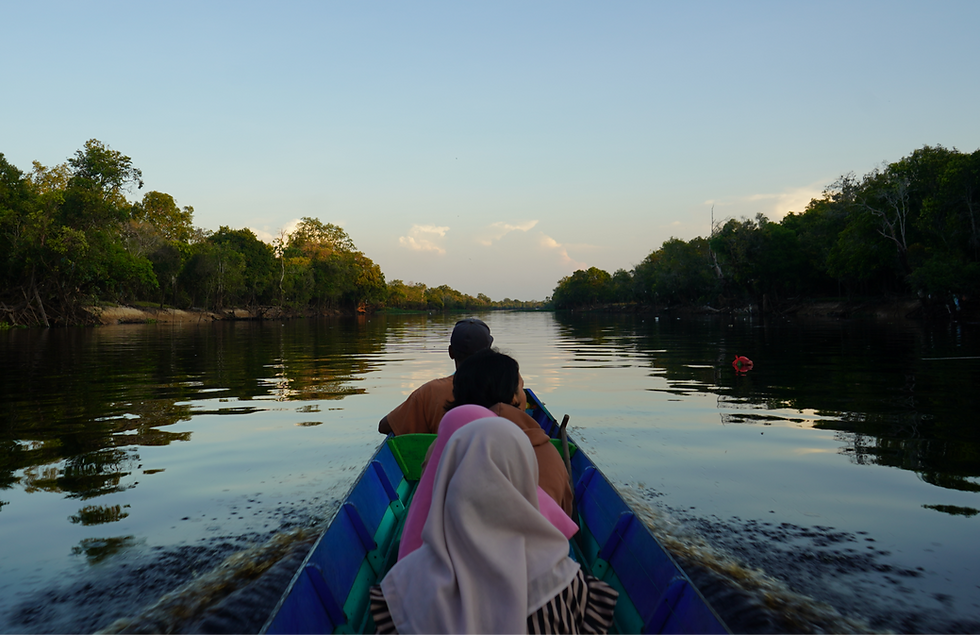Students from Marungu Secondary School take a walk on the wildlife side
- Dec 18, 2012
- 3 min read
Updated: Aug 5, 2024
Part of Wildlife Works’ community enrichment strategy includes ensuring that underprivileged students get a chance to view their beautiful ecosystems and see wildlife in their natural habitat.
Students in rural areas do not enjoy the comforts and opportunities that the more privileged students in urban areas regularly experience. The schools surrounding Rukinga, including the Marungu Secondary School, are located almost two hours inland from Mombasa, deep in the Kenyan bush. Students at Marungu are boarded for four years, and many of them never get the opportunity to travel or visit the most picturesque parts of Kenya.
Last month, the Wildlife Works’ Human Resources Department organized a group of 30 Form Four students and two teachers from the Marungu Secondary School to travel to the Wildlife Works’ student camp for a wildlife conservation expedition! The event took place a few days after students had finished their national examinations and holiday break had already begun.
The participants traveled from their respective homes to their school compound at 4:00 p.m. where they were picked up by four Wildlife Works’ Land Cruisers and driven to their accommodations at “Camp Kenya.”
Wildlife Works’ Human Resources Manager Laurian Lenjo, Community Relation Officer Joseph Mwakima and Environmental Officer James Mwangongo welcomed the students to camp and filled everyone in on the adventures that lay ahead of them over the next two days.
After supper on the first night, the core organizers spoke to the students about carbon awareness and the importance of planting trees. Mr. Mwangongo encouraged students to take this new information home, plant trees in their neighborhoods and educate their community about conservation. Mr. Mwakima gave a motivational speech in which he encouraged students to wait for their exam results, with a promise that if they performed very well Wildlife Works would sponsor them on their next tertiary school level.
On the second day, students watched a film about the importance of conservation, then put their new knowledge to action and planted five trees. Finally, the group went for a game drive where they spotted beautiful wild animals including elephants, zebras, giraffes and lions.
Mr. Lenjo said, “[We came up] with this activity for the students who have been studying hard for four years, and are unable to [afford to go] on any trips. [We want them] to be exposed to the environment and what it offers in terms of flora and fauna. This also puts them in a position to make better career choices if they are confused about which field to venture into after [getting] their results. We are always happy to expose them to new things and give them something to ponder career-wise.”


* * * * * * * * *
Wildlife Works is the world’s leading REDD+ (Reducing Emissions from Deforestation and Degradation), project development and management company with an effective approach to applying innovative market based solutions to the conservation of biodiversity. REDD+ was originated by the United Nations (UN) to help stop the destruction of the world’s forests.
Over a 15 year history Wildlife Works established a successful model that uses the emerging marketplace for REDD+ Carbon Offsets to protect threatened forests, wildlife, and communities.
The company helps local landowners in the developing world monetize their forest and biodiversity assets whether they are governments, communities, ownership groups, or private individuals.



